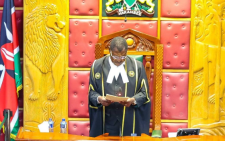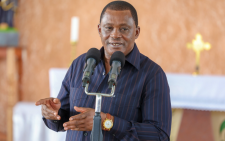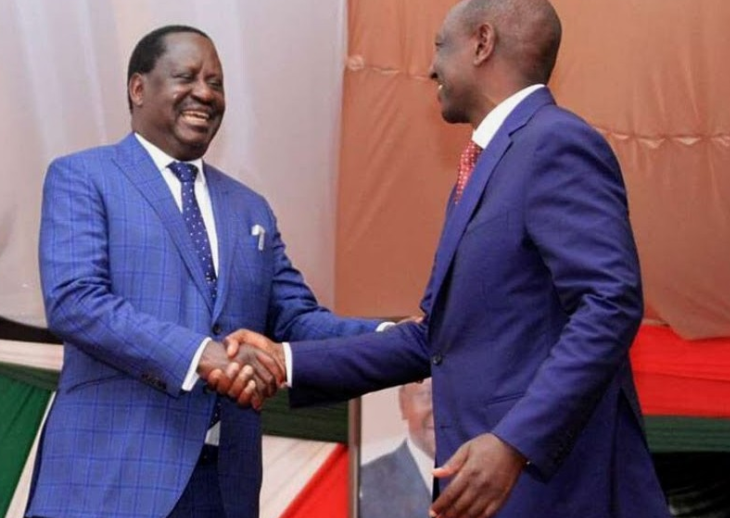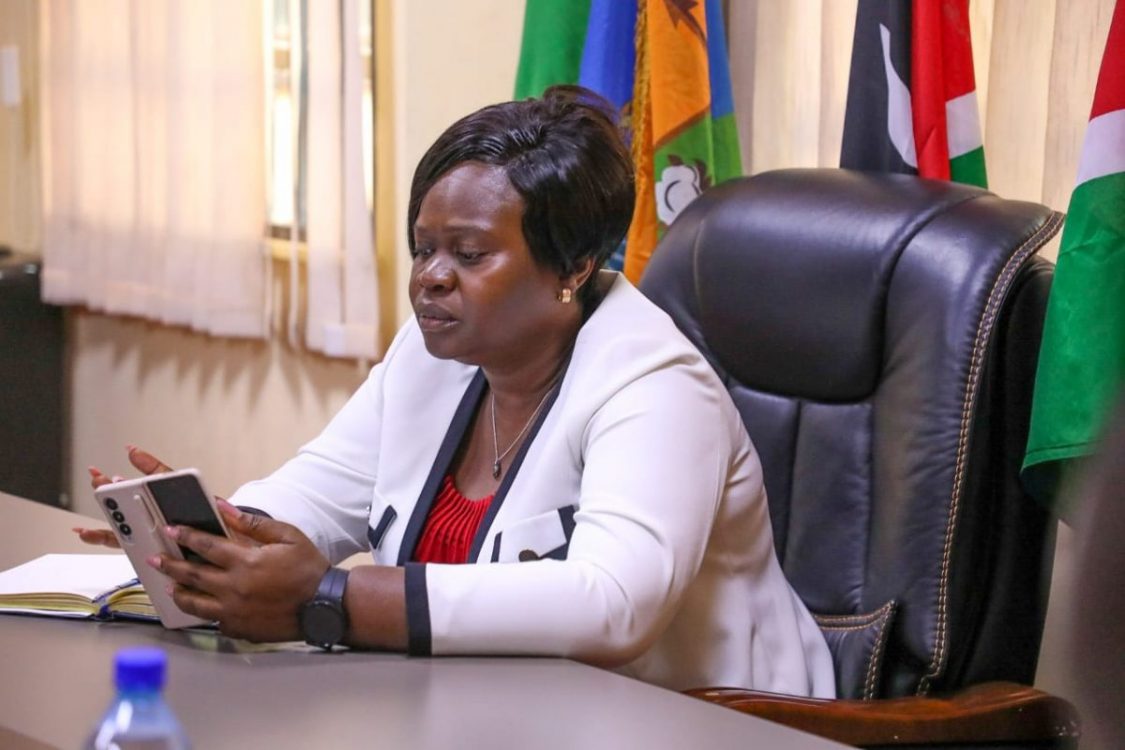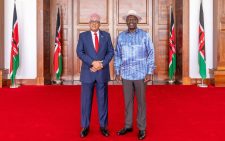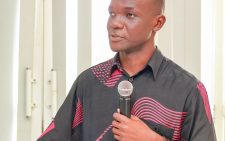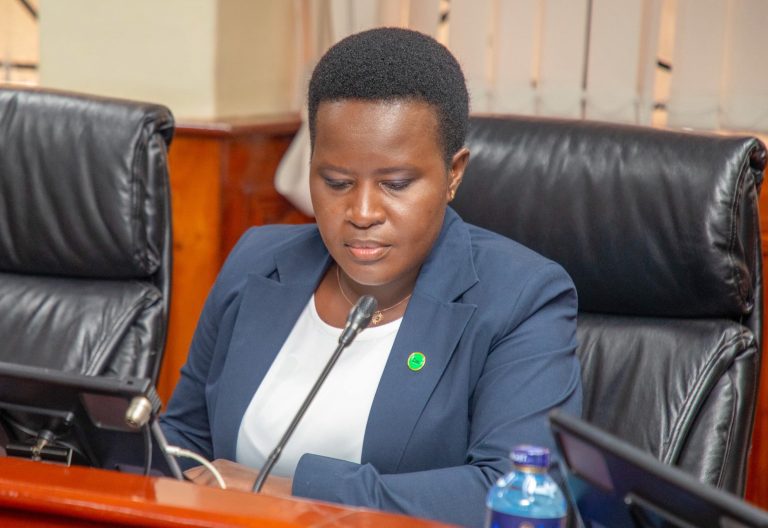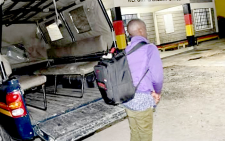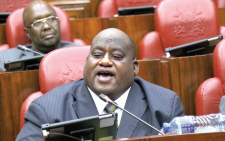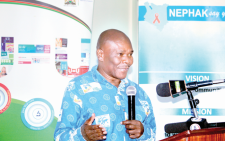Only 31% of Kenyans believe all past three elections were fair – TIFA
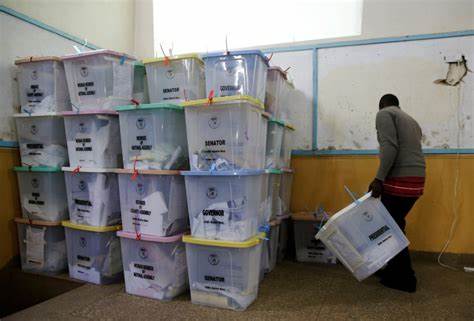
A new national survey by TIFA Research, released on Wednesday, May 7, 2025, reveals deep public skepticism about Kenya’s recent electoral history, with only 31% of Kenyans saying they believe all three previous presidential elections—held in 2013, 2017, and 2022—were conducted fairly.
According to the findings, a majority, 69% of respondents, believe that at least one of these elections was not fair, signalling a lingering crisis of confidence in Kenya’s democratic processes.
This doubt is especially pronounced in Nyanza, where nearly half of all respondents (48%) said none of the past three elections were conducted fairly.
Nyanza is followed by Western (24%) and Nairobi (22%)—regions that have historically leaned toward opposition politics. By contrast, confidence in all three elections being fair was highest in Mt. Kenya (39%), North Rift (35%), and Central Rift (33%), areas known to support ruling party coalitions in past contests.
When asked why they believed some elections were unfair, 47% of respondents cited rigging/stealing of votes, while another 14% pointed to a lack of transparency.
Other explanations included failure to follow constitutional requirements (8%), the IEBC’s lack of independence (7%), and interference by political leaders (7%).
Challenges
Despite reforms and the establishment of the Independent Electoral and Boundaries Commission (IEBC) after the 2007-2008 post-election violence, Kenya’s electoral system continues to face significant challenges.

Technological failures, such as issues with electronic voting systems and delays in result transmission, have raised concerns about the integrity of the elections.
Additionally, ethnic and regional divisions persist, with political loyalty often following ethnic lines, which leads to accusations of bias and unfair treatment in opposition strongholds.
Many respondents also cite a lack of transparency in the voting and vote tallying processes, further fueling scepticism.
Political interference remains another key concern, with allegations that political leaders influence the IEBC, compromising the system’s independence.
Although the scale of electoral violence has reduced since 2007, sporadic incidents of violence and intimidation during elections continue to undermine confidence and discourage voter participation.
The survey underscores persistent ethnic and regional fault lines in how electoral fairness is perceived, with political allegiances continuing to shape public trust in the legitimacy of national polls.
As Kenya looks ahead to the 2027 general election, these findings raise critical questions about electoral credibility, historical grievances, and the ability of the new IEBC team to restore confidence in the vote.
